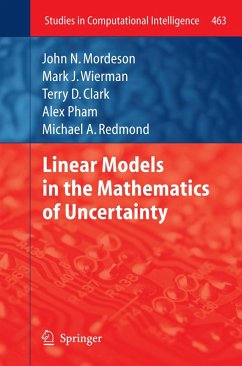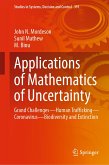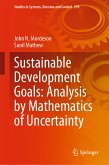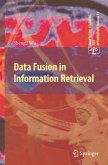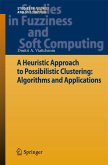In this book, we examine cases where the number of data points is small (effects of nuclear warfare), where the experiment is not repeatable (the breakup of the former Soviet Union), and where the data is derived from expert opinion (how conservative is a political party). In all these cases the data is difficult to measure and an assumption of randomness and/or statistical validity is questionable.
We apply our methods to real world issues in international relations such as nuclear deterrence, smart power, and cooperative threat reduction. We next apply our methods to issues in comparative politics such as successful democratization, quality of life, economic freedom, political stability, and failed states. Finally, issues involving deaf and hard of hearing children are explored.
Dieser Download kann aus rechtlichen Gründen nur mit Rechnungsadresse in A, B, BG, CY, CZ, D, DK, EW, E, FIN, F, GR, HR, H, IRL, I, LT, L, LR, M, NL, PL, P, R, S, SLO, SK ausgeliefert werden.
"The research monograph is devoted to a plethora of decision-making problems whose structure involves combinations (aggregations) of causal factors. ... the material is carefully structured and makes the book self-contained and easy to read to novices and those not fully familiar with the background ideas. ... This coherently organized reading ... will offer the reader a breadth and rigor of the technology of fuzzy sets and comes as a testimony to the need and usefulness of the technology of coping with uncertainty to real-world problems." (Witold Pedrycz, zbMATH, Vol. 1268, 2013)

